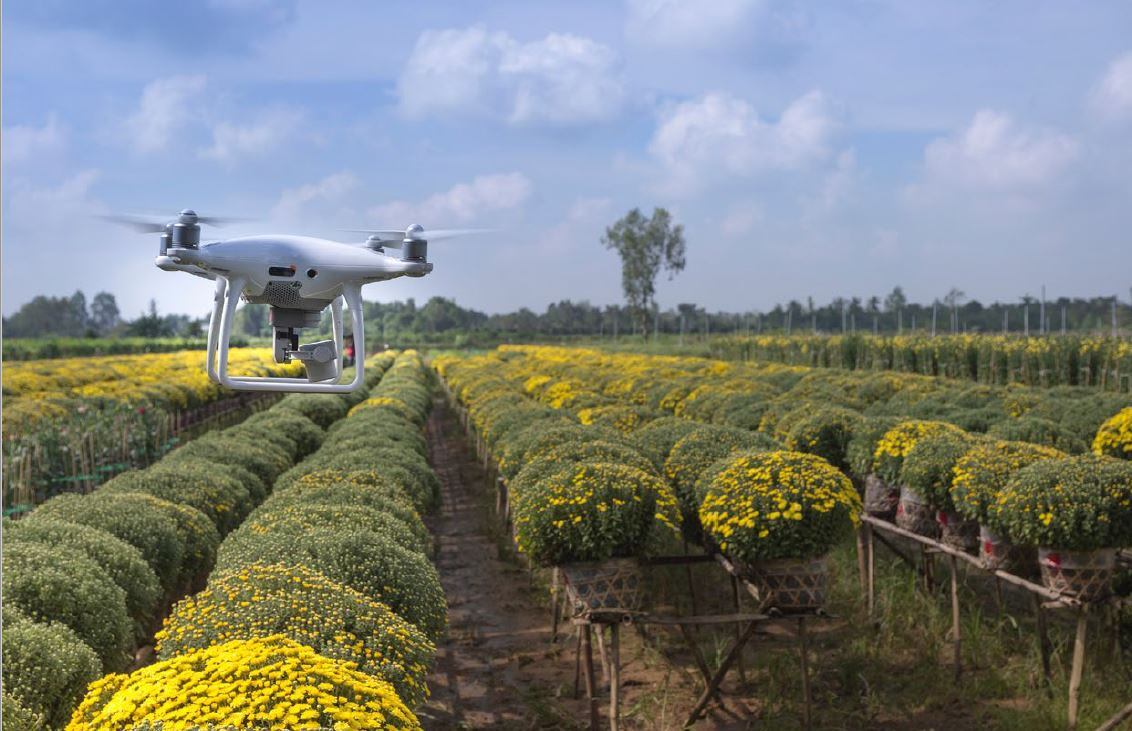On August 26, China’s state council announced six new pilot FTZs, namely Shandong, Jiangsu, Guangxi, Hebei, Yunnan, and Heilongjiang, bringing the total number to 18.
Free trade zones in China allow goods to be landed, handled, manufactured, and re-exported without excessive intervention of the customs authority.
Because shipping time from overseas firms to Chinese consumers can be slow, many supplement firms send e-commerce products in bulk to FTZs where they are stored before being delivered to buyers.
Some of these newly announced FTZs have a regional focus, such as the one in Shandong and Yunnan, which are poised to bolster ties with East Asian countries South Korea and Japan, and South East Asian countries respectively.
Already, two firms – Chinese firm Baheal Pharmaceutical Group and Japanese conglomerate Itochu Corporation – sealed a deal during the unveiling ceremony of the Shandong FTZ on August 30.
The deal will see the two firms bring in OTCs, functional foods, and dietary supplements from Japan into China.
Prior to this, the two firms had signed two other agreements, including expanding the areas of cooperation and discussing the setting up of a JV.
In response to queries from NutraIngredients-Asia, US-China Health Products Association’s regulatory manager, Charles Diao, said that regional cooperation was set to grow, with increased cooperation between China and South Korea as another example.
“Right now, there are already many Koreans working in Shandong, and quite a number of Chinese working in Korea, with the Shandong FTZ, it is expected that more interaction will take place.”
As for the US health and dietary supplement firms, Diao said that most of the trading activities were focused in Shanghai, and the benefits from the new FTZs remain to be seen.
More exports
Meanwhile, Rebecca Wang, founder and CEO of Singaporean health foods start-up Innoso, said that the new FTZs would help to support the cross-border e-commerce (CBEC) industry.
She explained that with more FTZs, there would be more export opportunities into China.
“There will be more exports and with more support from the government, there will be more e-commerce apps developed, aside from the major platforms such as JD, Alibaba.
“More apps mean that there would be more platforms for end-product firms like us to place our products. Since different platforms attract different consumers, working with more platforms can help to build brand awareness,” she said.
Chinese e-commerce site, VIP.com has recently opened its new warehouse operation in the newly set up Shandong pilot FTZ (Qingdao area).
According to local media Qingdao Daily, the e-commerce firm is the first to operate its warehouse after the establishment of Shandong as a pilot FTZ. The warehouse can store 4.5m to 5m pieces of goods.
The Qingdao district, together with parts of the cities of Jinan and Yantai, make up the Shandong pilot FTZ.
Regulations still the hurdle
To others, while the new FTZs could enhance trade, a lack of regulatory harmonisation could also hinder the progress.
Malaysian firm Excelvite’s business development manager, Bryan See, applauded the move to drive trade, but pinpointed “rigid regulations” as a potential hurdle.
“For ASEAN countries, the Guangxi FTZ is an alternative to Shenzhen…Comparing the cost of operation in Shenzhen, Guangzhou, the cost in Guangxi is cheaper, and so, it is more affordable.”
However, China’s restriction on the use of tocotrienol – one of the key products of the firm, has posed a hurdle to the firm’s export volumes.
At present, tocotrienols are not yet approved for food and supplement application in China.
“The ingredients that can be accepted (in health foods in China) is not the same (as those in other countries). This means that certain ingredients and supplements that are approved in Malaysia, Indonesia, are not approved in China.
“With the trading arrangements, commercial is made easier, but the regulation is still very rigid.
“If that can be solved, that will expedite the dietary supplement market in China or in this region,” See said.
Chinese Vice-Minister of Commerce Wang Shouwen reiterated the importance of the FTZs in building regional ties.
“The FTZs will tap into respective geographical advantages to deepen trade and economic cooperation with neighbouring countries and regions.
“The arrangement will not only help to optimise the strategic distribution of pilot FTZs, but also serve major national strategies such as the Belt and Road Initiative,” South China Morning Post quoted him at a press conference.





